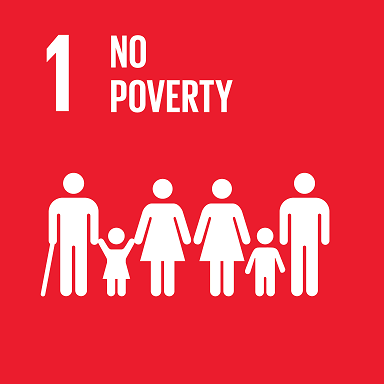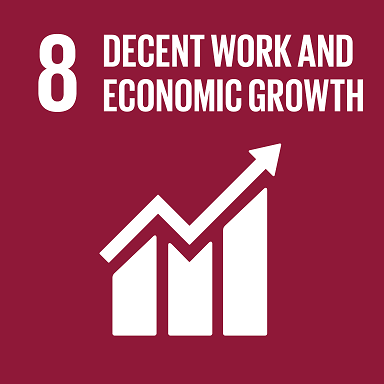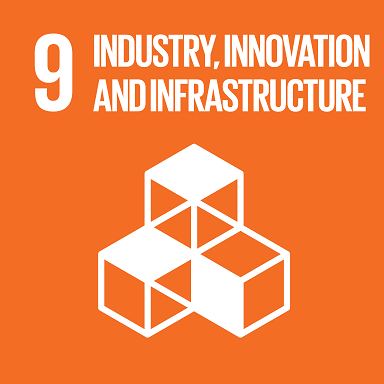Good Practices
Agencia Presidencial Para la Cooperación Internacional (APC) - Colombia




Creation and implementation of a methodology for knowledge transfer
Description of the practice:
To develop and apply broad and participatory methodologies for knowledge transfer, so that all the learning generated can be replicated in the different countries by each of the participating institutions and applied beyond the implementation phase.
The EDEM project has developed a methodology for the transfer of entrepreneurship tools that consists of five phases:
- Socialization: a space is provided by the project so that the knowledge providers approach the potential recipients and disseminate the tool to be transferred, providing essential elements to define the relevance and scope of the practice.
- Exchange: once the institutions show interest, the knowledge provider prepares a systematic work package to transfer the tool. There are different exchange instruments such as virtual workshops, face-to-face workshops, technical assistance, among others.
- Implementation: when the institution that is receiving the knowledge has received all the training and education about the tool which is being transferred, it is ready to implement the result of the transfer within its institution, that is, to do it at least once. At this stage, the knowledge provider continues to accompany the beneficiary on a permanent basis.
- Sustainability: this phase is aimed at guaranteeing the continuity of the actions once the project ends, by working on areas such as politics, finance, gender, environment, appropriation, institutional capacity and technology.
- Replication: building the capacity of the institution that is receiving the knowledge to replicate this practice in other institutions in its region is the foundation of this process. This phase can be carried out together with the institution that originally provided the knowledge with the intention of fine-tuning the tool that was transferred.
Differentiating factors:
- Apply knowledge transfer from the beginning of the implementation and from the design of each tool (in fact, each tool is applied from a socialization and exchange approach) and during the whole process (from an implementation, sustainability and replication approach), without waiting for the final learning.
- Involve all actors, from knowledge providers to recipients and implementers, in all phases of the process.
Impacts:
Applying knowledge transfer methodologies from the start of the project and involving all the actors allows to:
- Increase the ownership of all actors from the beginning of the process.
- Adapt the solutions to the socio-cultural aspects of each country.
- Identify possible risks and anticipate barriers in the transfer process.
- Collect in an orderly manner the knowledge generated throughout the process by all actors.
- Monitor more effectively the application of the transferred knowledge and its impact on beneficiaries, generating evidence that feeds back into the process.
The added value of Triangular Cooperation: (more information here)
1. Building ownership and trust.
2. Promoting complementarity and increasing coordination in development cooperation.
3. Sharing knowledge and learning jointly.
4. Co-creating solutions and flexibility.
5. Enhancing the volume, scope and sustainability of Triangular Cooperation
6. Achieving global and regional development goals through strengthened partnerships for sustainable development.
RELATED FILES
Thanks to the project, a methodology for knowledge transfer has been created and implemented, which is considered as a best practice that can be found in this Knowledge Bank of the ADELANTE Programme. Thanks to this methodology, important tools for business development and support to entrepreneurship have been transferred from Colombia to Mesoamerica. The most important of these are the MISE (Integrated Model of Business Services) and the 'Heroes Fest' (a tool to boost the entrepreneurial mindset and culture).
Thanks to the project, a methodology for knowledge transfer has been created and implemented, which is considered as a best practice that can be found in this Knowledge Bank of the ADELANTE Programme. Thanks to this methodology, important tools for business development and support to entrepreneurship have been transferred from Colombia to Mesoamerica. The most important of these are the MISE (Integrated Model of Business Services) and the 'Heroes Fest' (a tool to boost the entrepreneurial mindset and culture).




